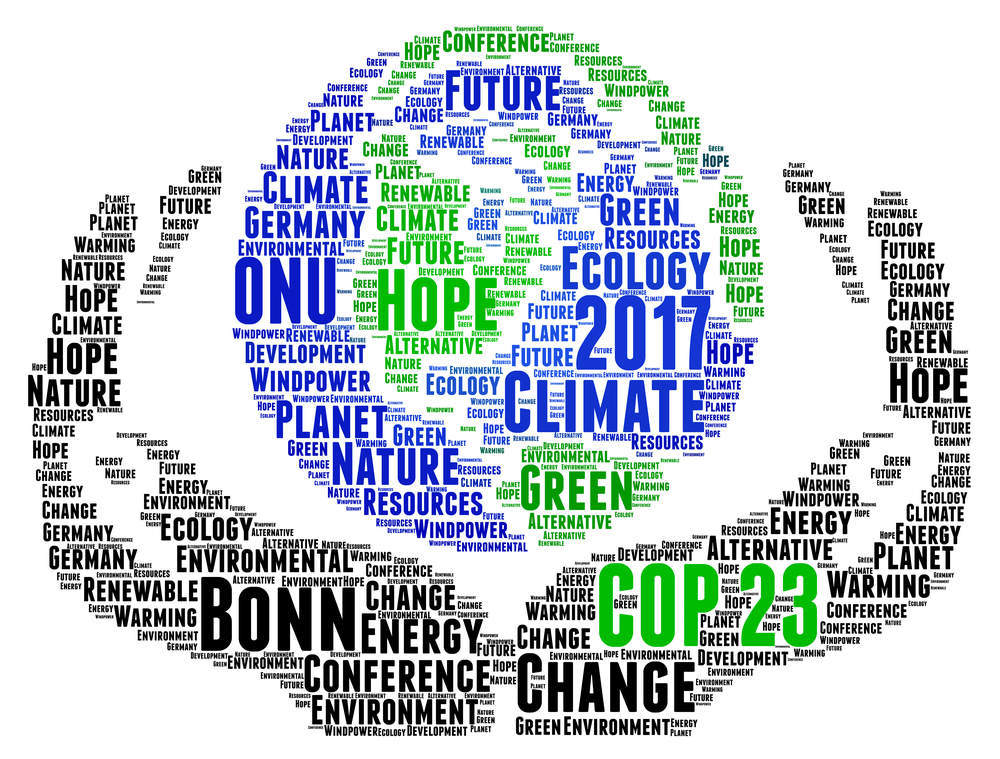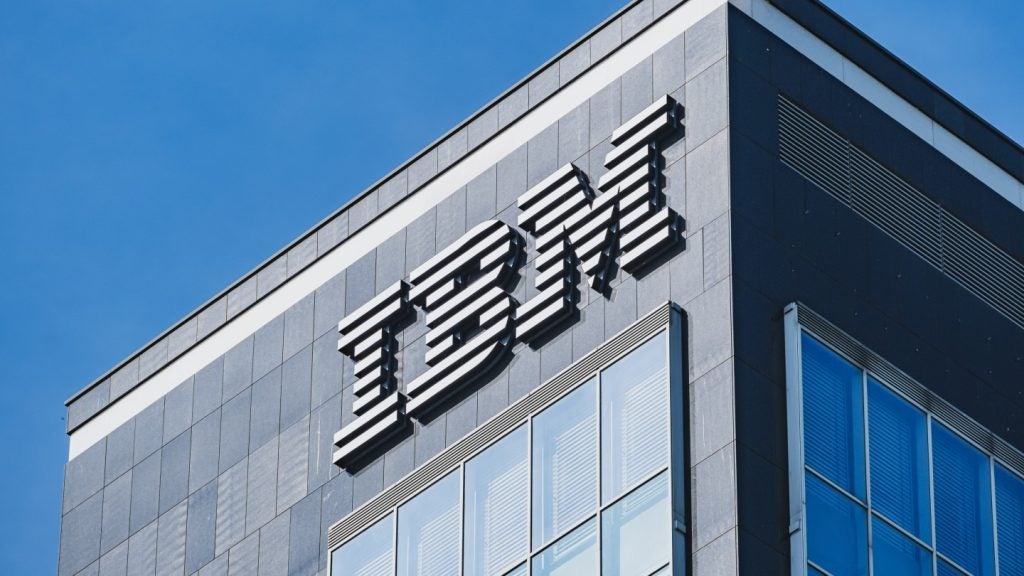
Some 25,000 people are set to attend the 23rd Conference of the Parties to the United Nations Framework Convention on Climate Change — better known as COP23 — on Monday in Bonn, Germany.
The conference — spanning 11 days from 6 November to 17 November — will take place at the World Conference Centre under the presidency of Voreqe “Frank” Bainimarama, the prime minister of Fiji.
The convention will host 100 events over the fortnight, with talks and discussions from government delegates alongside other world leaders — a mix of city mayors, governors, and company executives.
Confirmed speakers for COP23 include:
-
Movie star-turned-politician Arnold Schwarzenegger;
-
Paris mayor Anne Hidalgo;
-
California governor Jerry Brown;
-
Marshall Islands president Hilda Heine;
-
Astronaut Thomas Pesquet;
-
Unilever CEO Paul Polman;
-
Scotland first minister Nicola Sturgeon, and
-
Explorer Bertrand Picard
In a speech given by Bainimarama he laid out his vision for the conference:
[I want to ] advance the work of the UN Framework Convention on Climate Change and preserve the multilateral consensus for decisive action to address the underlying causes of climate change, respecting climate science … uphold and advance the Paris Agreement [and] greater resilience for all vulnerable nations to the impacts of climate change.How well do you really know your competitors?
Access the most comprehensive Company Profiles on the market, powered by GlobalData. Save hours of research. Gain competitive edge.
 Company Profile – free sample
Company Profile – free sampleThank you!
Your download email will arrive shortly
Not ready to buy yet? Download a free sample
We are confident about the unique quality of our Company Profiles. However, we want you to make the most beneficial decision for your business, so we offer a free sample that you can download by submitting the below form
By GlobalData
Bainimarama hopes to provide a focus on areas of the world which contribute little to global warming, but appear most vulnerable to its consequences, demonstrated by the series of climate-related natural disasters such as hurricanes and wildfires seen this year.
The COP president is meant to remain a neutral party, whilst setting the agenda for the convention, however, Bainimarama said:
But I certainly bring my own perspective to these negotiations. And it is that of a Fijian, a Pacific Islander, who comes from a region of the world that is bearing the brunt of climate change. Whether it is the rising seas, extreme weather events or changes to agriculture that threaten our way of life and in some cases, our very existence.
However, many people remain sceptical about the effectiveness of the conference, suggesting there will be little movement at COP23 due to the relative importance of 2018’s COP24 in Poland.
While this year’s convention will focus on developing rules required to meet the targets set out in the Paris Climate Accords in 2015, it won’t be until 2018 that an official road map will be established.
Mojib Latif, head of research at the Helmholtz Centre — whose official mission of the Association is “solving the grand challenges of science, society and industry” — is uncertain to how much progress will be made.
He said:
[The conference] will mainly be about technicalities, and we shouldn’t have high expectations.
After the recent report by the UN on the emissions gap, Latif, along with many others, have expressed their concerns that current actions have not been sufficient to meet the targets set in 2015.
According to the report:
As things stand, even full implementation of current unconditional and conditional Nationally Determined Contributions makes a temperature increase of at least three degrees celcius by 2100 very likely – meaning that governments need to deliver much stronger pledges when they are revised in 2020.
An environmentally sustainable event
Organisers of COP23 are however leading by example and want the conference to be as environmentally sustainable as possible.
Special electric COP 23 shuttles, running on 100 percent renewable energy, will reduce carbon emissions and offsetting emissions generated from long-distance travel from participants attending from further afield.







